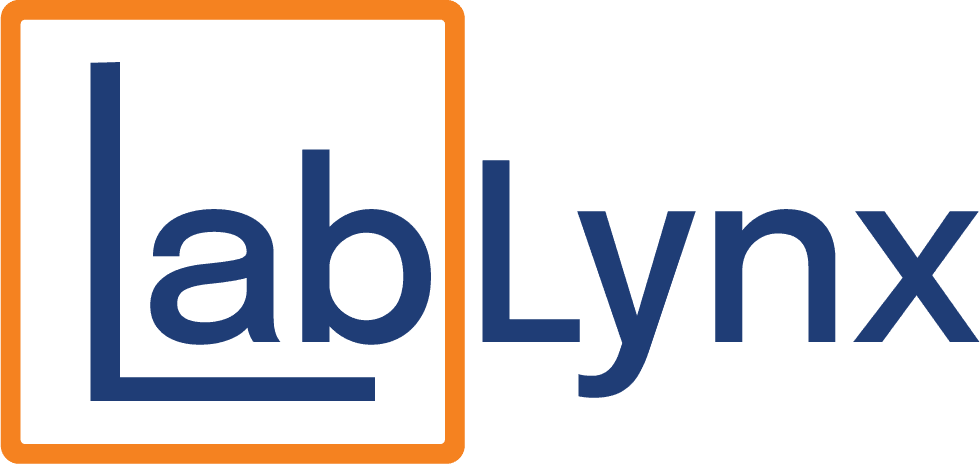LabLynx has always championed cloud-hosted LIMS. In fact, company founder John Jones introduced the ELab LIMS as the world’s first cloud-hosted LIMS in 1997 – officially incorporating LabLynx as a company three years later to support, improve and refine the system. Back then there wasn’t actually any such thing as…
FAQs About LIMS
You’ve explored the LabLynx website, but you still have some LIMS questions. To help you navigate our frequently asked questions page, just click on the links below to find the answers you need.


What types of lab testing are affected by ISO/IEC 17025?
Testing in ISO/IEC 17025 laboratories The scope section of ISO/IEC 17025 indicates that the standard “is applicable to all organizations performing laboratory activities, regardless of the number of personnel.”[1] Further, in its terms and definitions section, the standard states that a laboratory—for the purposes of the document—is a “body that performs…
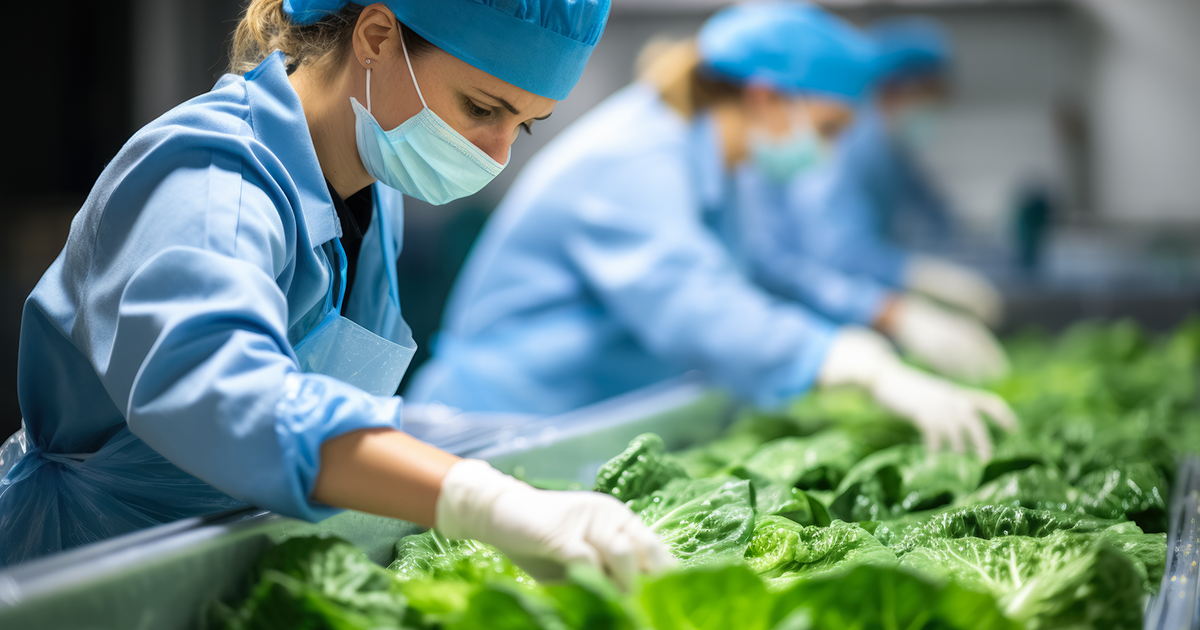
What Standards and Regulations Affect a Food Safety Laboratory?
Food safety laboratories play a critical role in protecting public health by ensuring that the food supply is free from contaminants, pathogens, and harmful substances. However, these labs must adhere to a complex framework of national and international standards, regulations, and guidelines to maintain compliance, ensure data integrity, and produce…
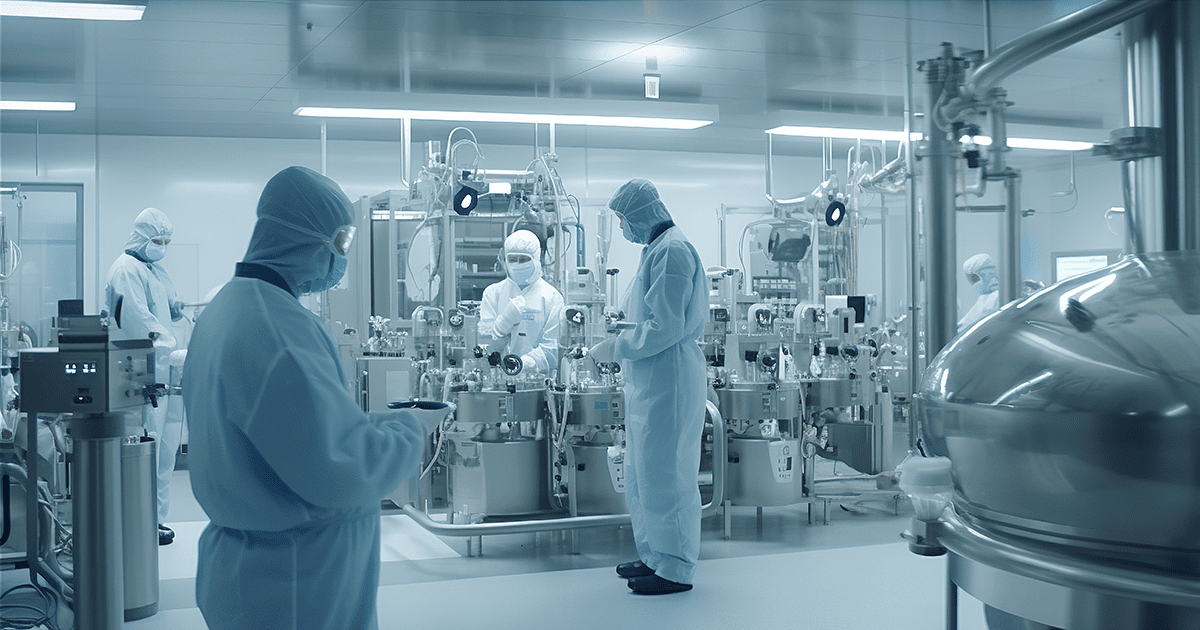
What standards & regulations affect a manufacturing-related lab?
By incorporating ISO 9001, ISO 17025, and FDA regulations into their operational frameworks, manufacturing-related laboratories elevate their practices to the highest quality, precision, and integrity standards. As these standards evolve, laboratories must remain vigilant, adapting and integrating new protocols to stay at the forefront of quality and compliance. Laboratories embracing…
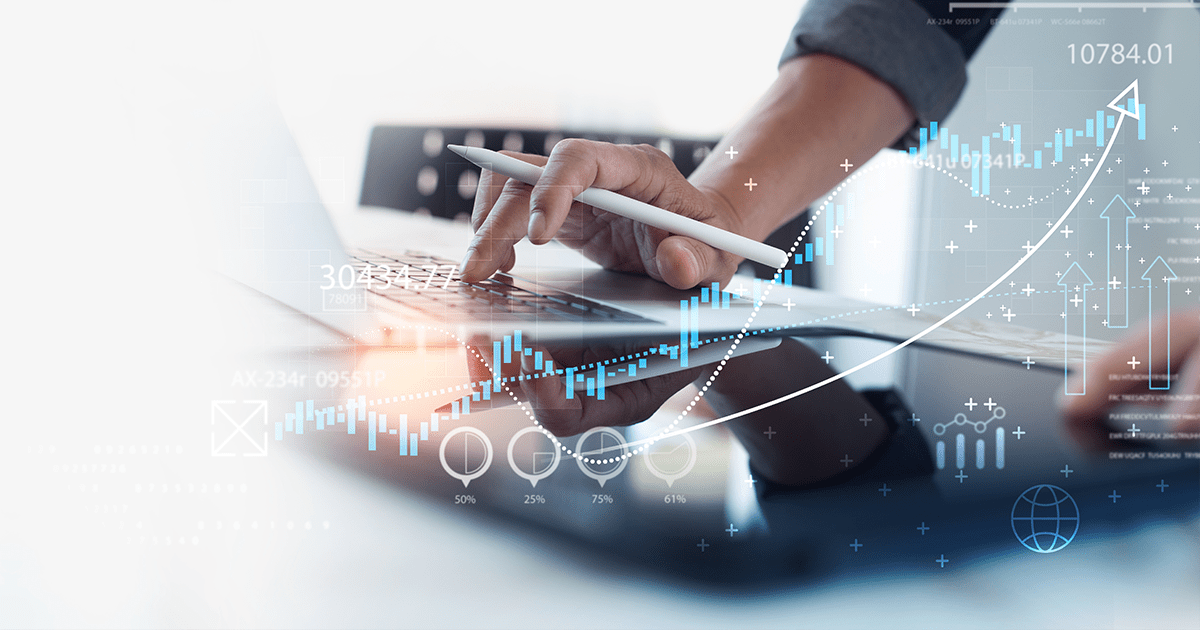
What is laboratory informatics and why is it important?
Laboratory informatics (LI) is the use of information technology to support a laboratory’s testing mission. At its most basic, LI consists of a centralized system for the secure collection, storage, and distribution of laboratory data. Modern informatics solutions go far beyond data management to support all aspects of lab operations.…
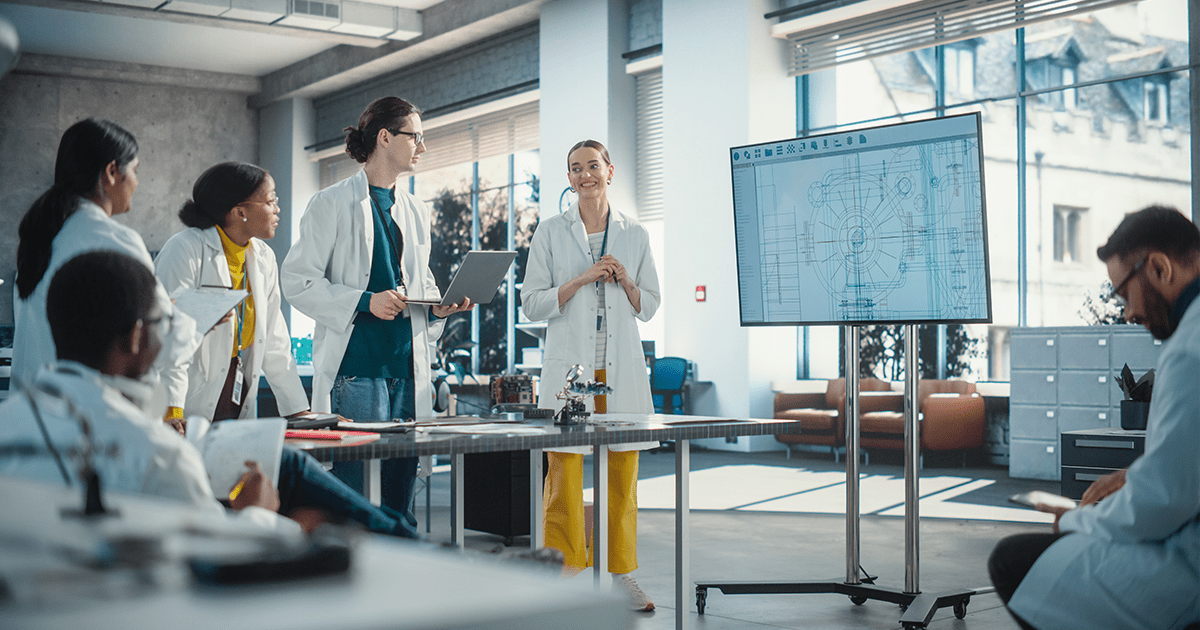
How Can Science Majors Build a Profession in Lab Informatics?
In today’s digital age, laboratories are undergoing a profound transformation, fueled by technological advancements and the need for streamlined data management. As a result, Laboratory Informatics—the intersection of science, technology, and data—has emerged as a rewarding career path for science majors. If you have a background in biology, chemistry, physics,…
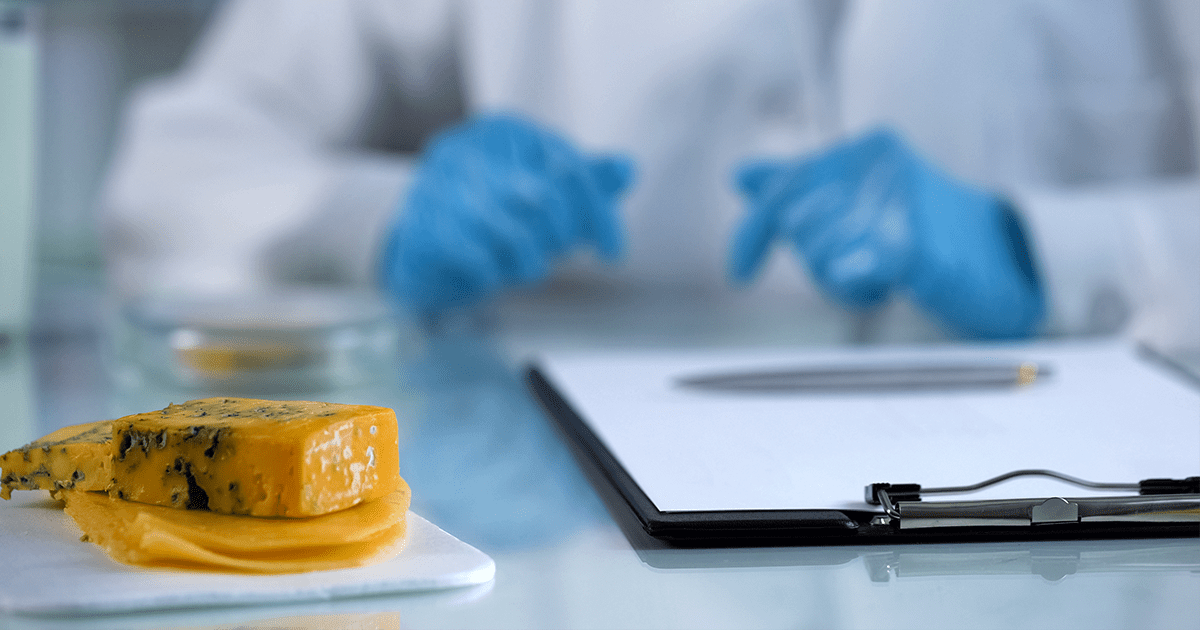
What potential does a LIMS have in improving the safety and satisfaction of food and beverage consumers?
We’ve come a long way from the days of adulterated milk and frequently contaminated foodstuffs of the 1800s, with food and beverage safety and satisfaction high on the list of societal needs. Demand- and regulation-driven change (along with greater understanding of contamination types and sources) has gone some way towards…
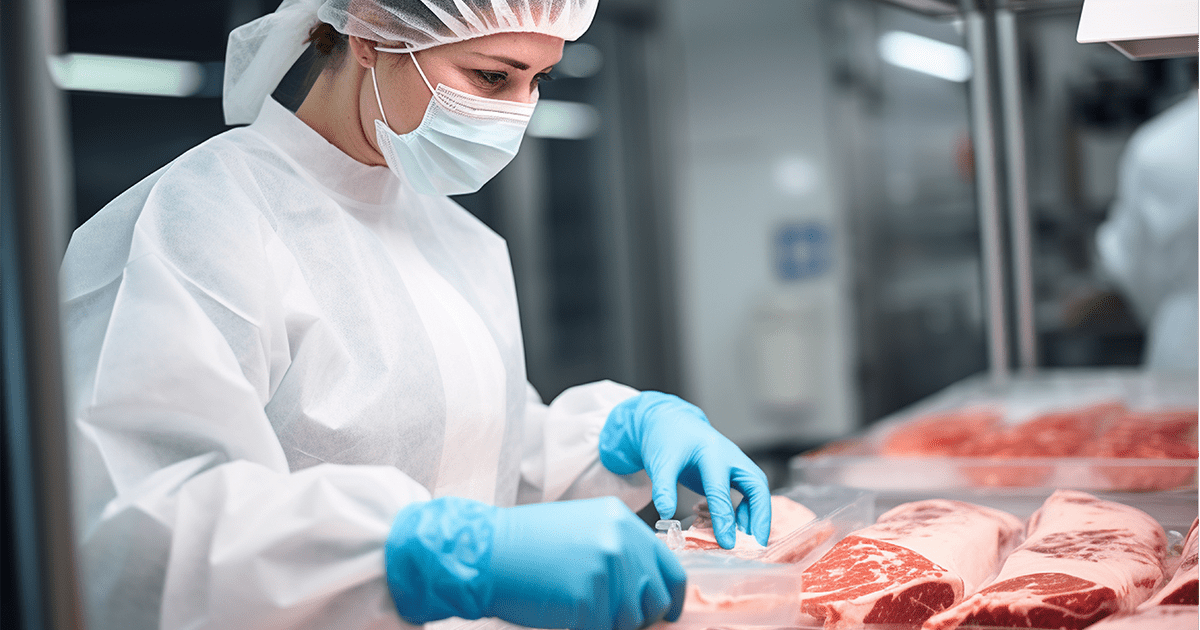
How does a LIMS benefit microbiological sampling and testing in the food and beverage industry?
The microbiology laboratory associated with food and beverage manufacturing serves the important purpose of better ensuring the quality and safety of those who inevitably consume what’s produced. However, unlike a clinical microbiology lab, the food-safety-oriented microbiology lab has distinct sampling and analysis workflows that add challenges to any paper-based efforts…

How does a LIMS help a food and beverage business better address the core principles of quality and safety management?
The core principles of food and beverage quality and safety management Proper management of food and beverage quality and safety is vital for not only the manufacturer but also the consumer. Hazard analysis and critical control points (HACCP) methods (described later) remain one of the obvious go-to tools for food…
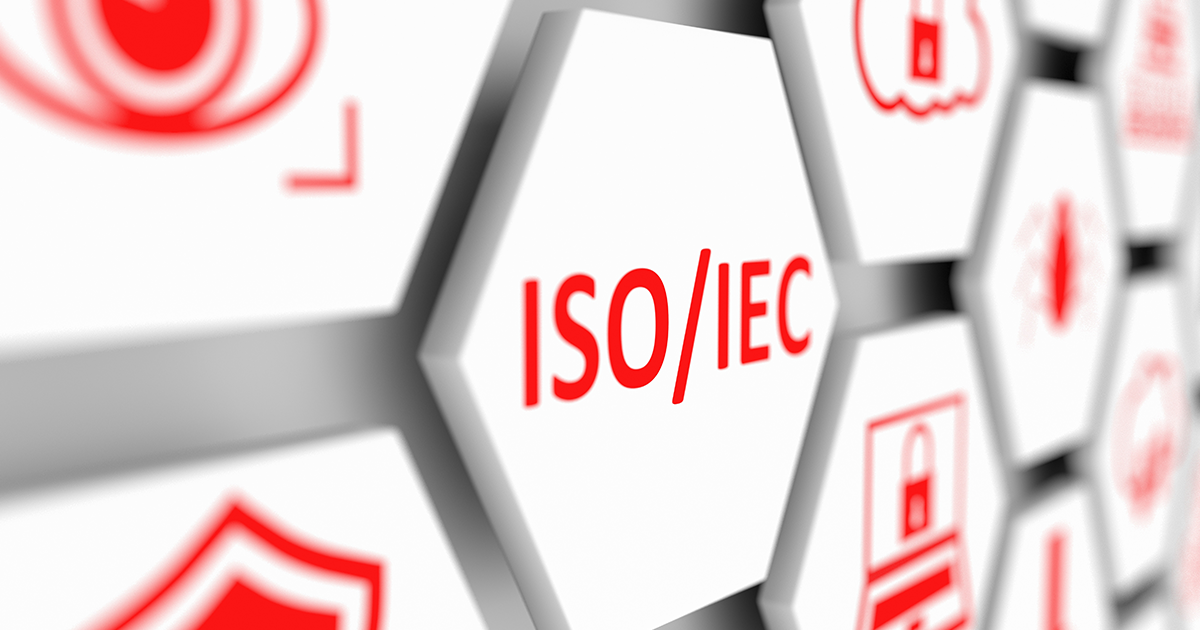
How does ISO/IEC 17025 impact laboratories?
What ISO/IEC 17025 asks of laboratories While ISO/IEC 17025 General requirements for the competence of testing and calibration laboratories has laboratory quality control handily in mind, and it is increasingly adopted by laboratories[1], the standard is challenging to adopt, especially for small and academic labs.[2] Additionally, several regions of the world…
